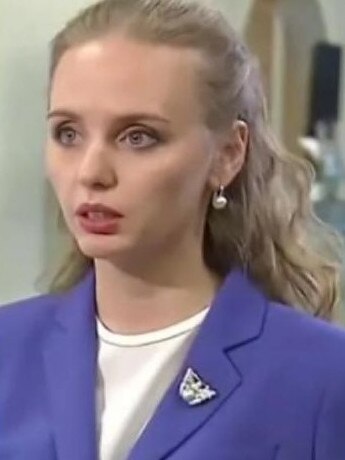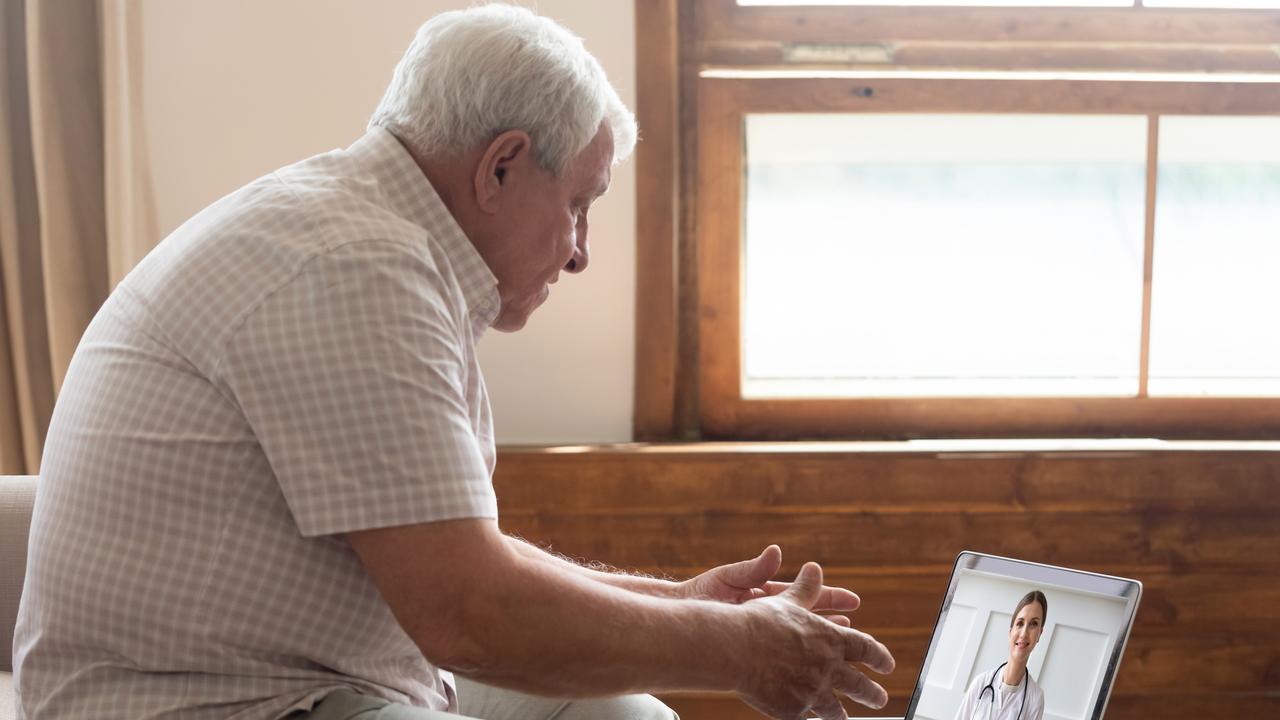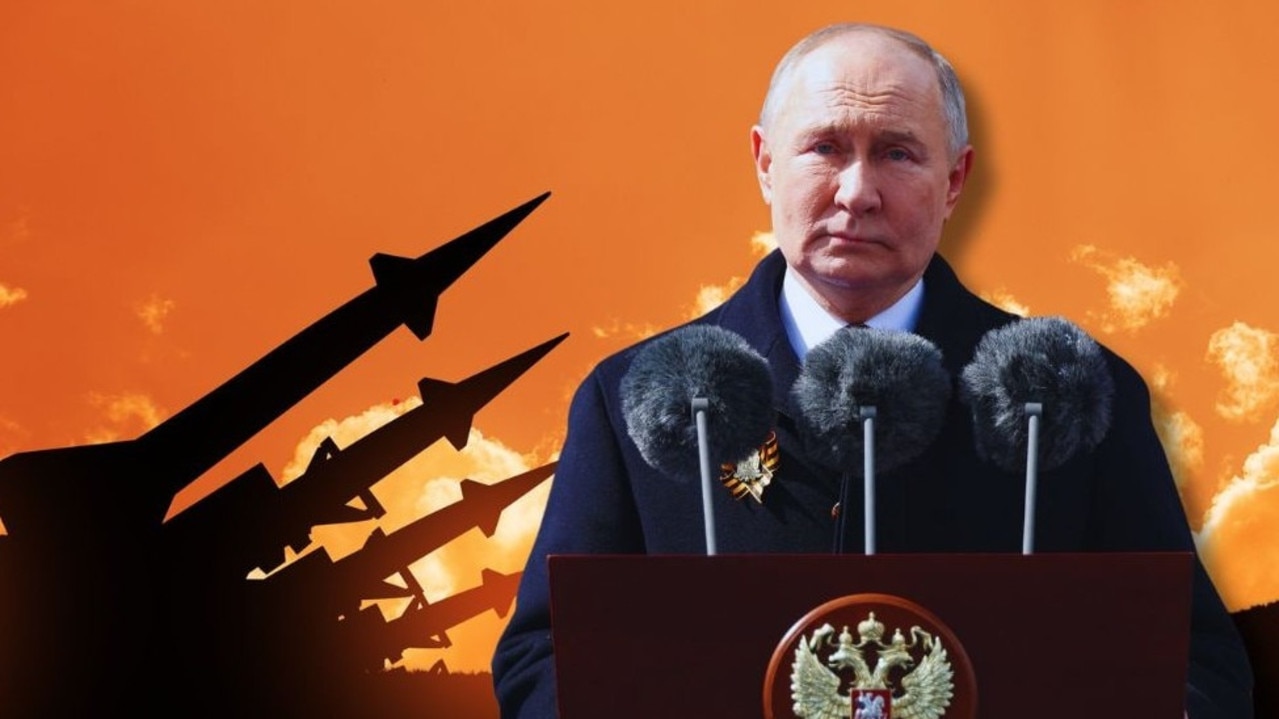Vladimir Putin revives Mother Heroine award for women who have ten children
Putin revives the Soviet-era Mother Heroine award as Russia faces a demographic crisis – but women will only receive it if all their children survive.

President Putin has revived a Soviet-era award for women who have ten or more children as Russia faces a demographic crisis that has been exacerbated by the war in Ukraine.
Joseph Stalin established the “Mother Heroine” title in 1944 to encourage large families after the death of tens of millions of Soviet citizens during the Second World War. More than 400,000 women received the award before it was scrapped after the collapse of the Soviet Union in 1991.
Under Putin’s decree, women will get a one-off payment of one million roubles ($23,000) after their tenth child has reached its first birthday, on the condition that the other nine children are still alive. They will also receive Mother Heroine gold medals decorated with the Russian flag and the country’s coat of arms.
Putin also announced that recipients of the Parental Glory award, created in 2008 for families with seven or more children, would receive increased payments amounting to 700,000 roubles. Some Kremlin critics accused Putin of encouraging women to produce “cannon fodder” for the Russian army.
“As a rule, you can really rely on those who were brought up in a large family. They will not let down a friend, or colleagues, or their motherland,” Putin said.
Putin is the youngest of three brothers and the only one to survive childhood. His eldest brother, Albert, died in infancy in the 1930s and his other brother, Viktor, died in 1942, reportedly of starvation and diphtheria, during the siege of Leningrad.


The Russian president has acknowledged fathering two daughters with his former wife, Lyudmila. However, he is also widely believed to have other children with Alina Kabaeva, an ex-Olympic gymnast, and Svetlana Krivonogikh, a cleaner who became massively wealthy after a reported affair with Putin during his first term as president.
The move comes after Russia’s state statistics service warned that the country’s population of 144 million could fall to about 132 million in the next two decades. It also said that the number of people living in Russia had fallen by 380,000 between January and June. The United Nations has predicted that in the worst-case scenario Russia’s population could slump to just 83 million by 2100.
Tens of thousands of young Russians are thought to have died in Ukraine since Putin ordered an invasion in February. The average age of those killed is thought to be just 21. In addition to military casualties, hundreds of thousands of people, including academics, journalists and IT specialists, have emigrated from Russia since the start of the war.
Putin’s decree is part of a wider Kremlin policy of promoting what it portrays as “traditional values”. A group of pro-Putin MPs recently put forward legislation that would outlaw any public discussion of a child-free lifestyle, something they said was as harmful for Russia’s future as drug abuse, suicide and political extremism. The draft law would also prohibit any public discussion of homosexuality.
The Times


